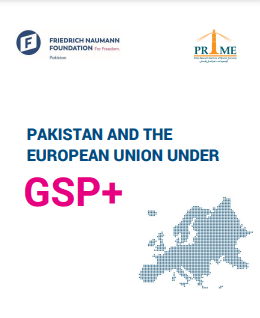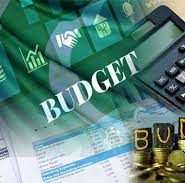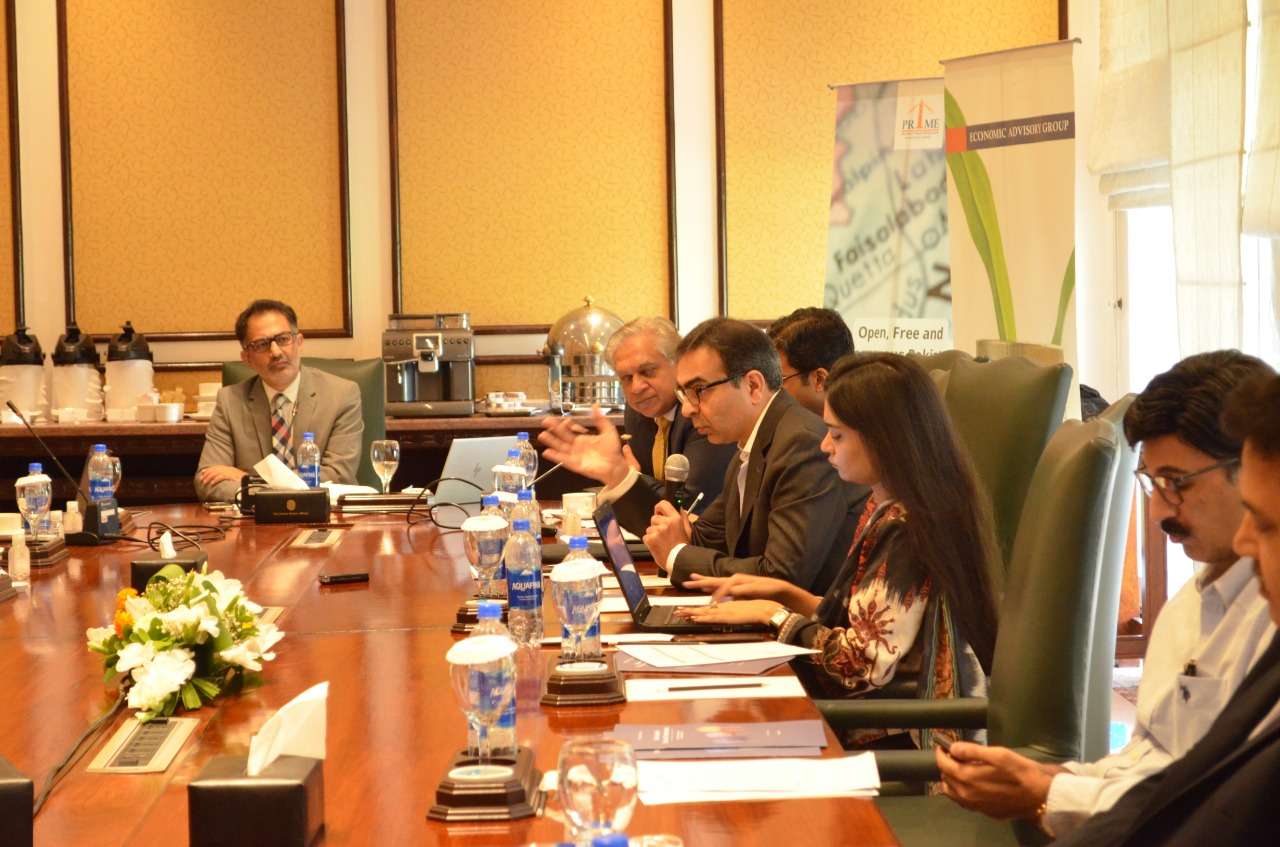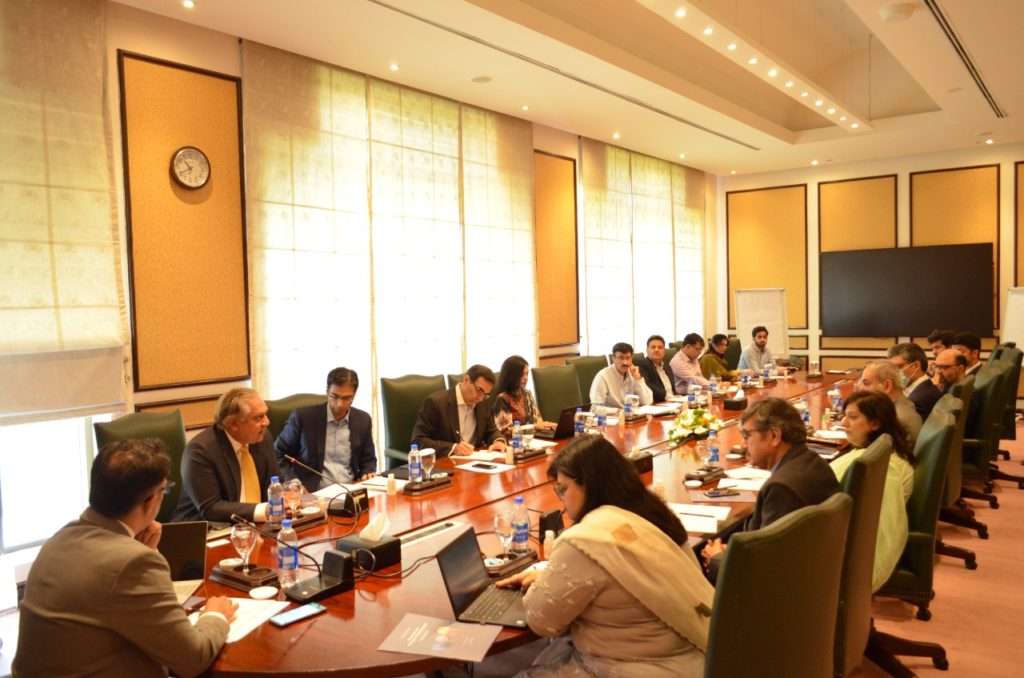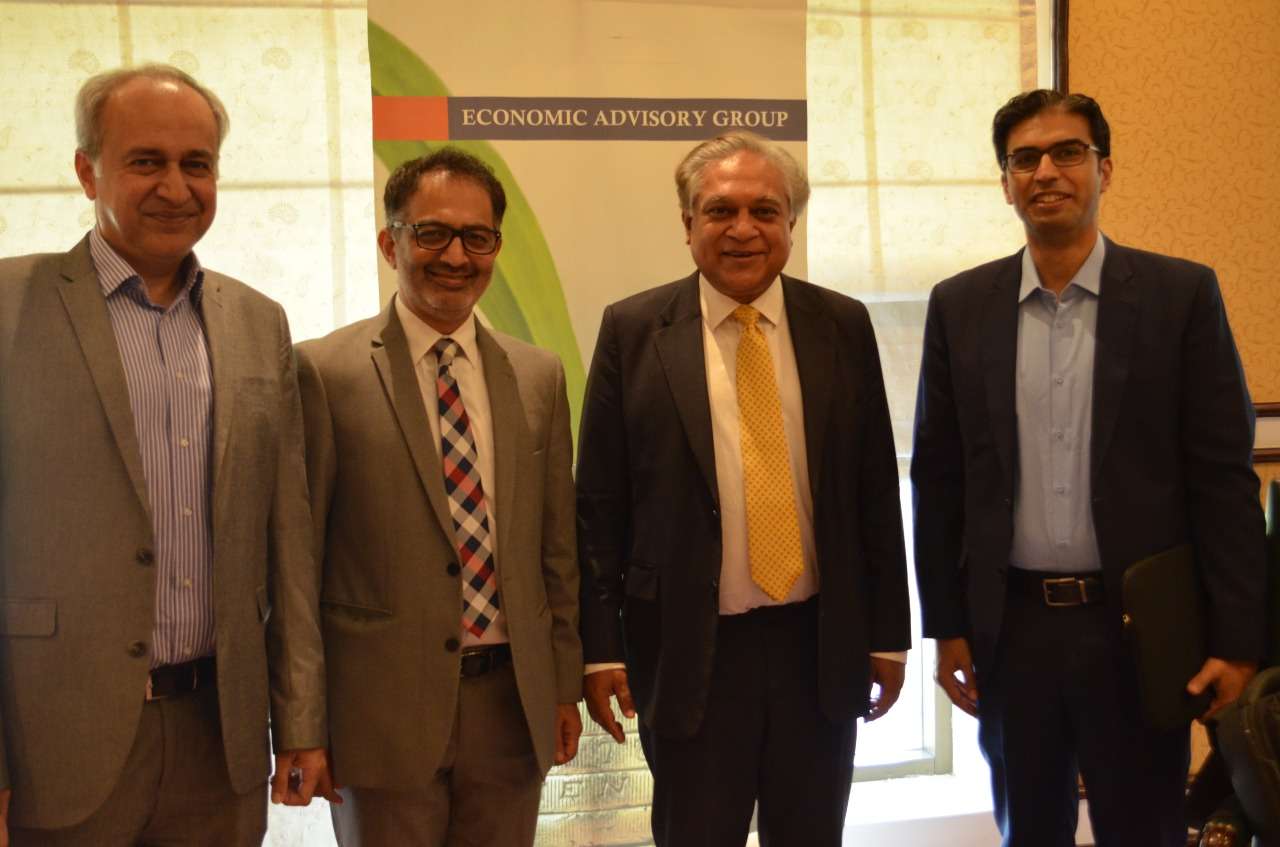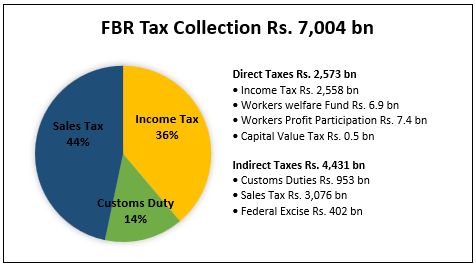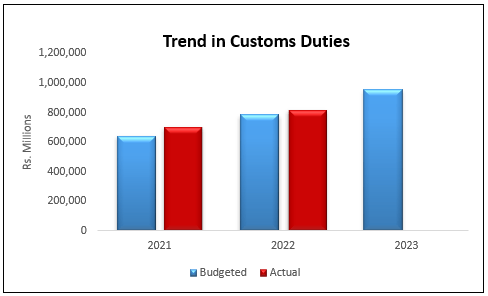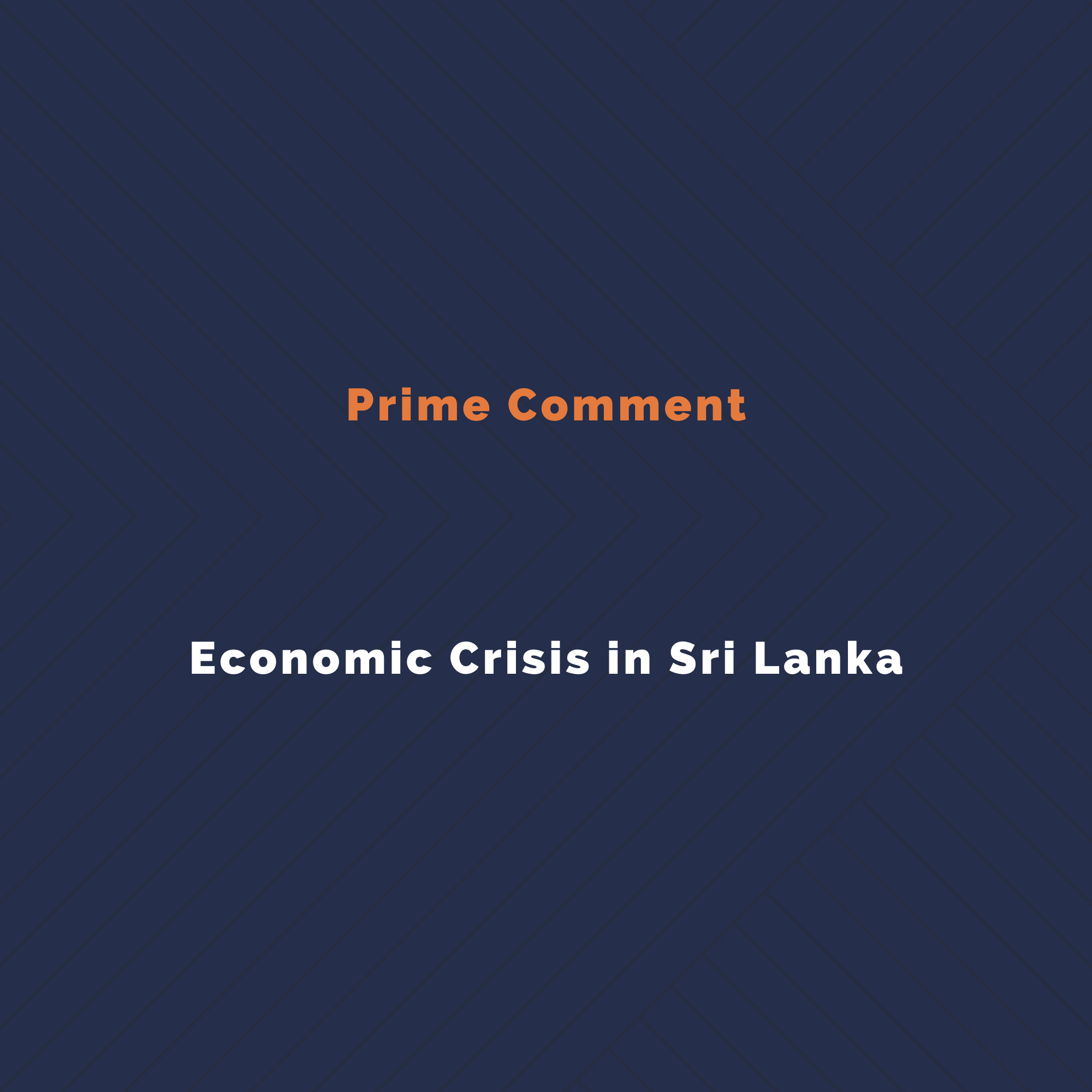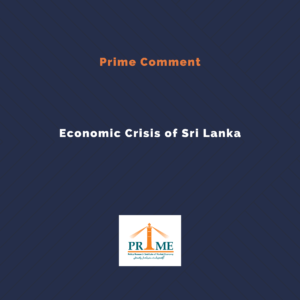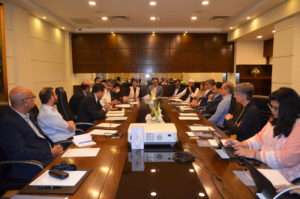Introduction
PML-N Economic Agenda: Tracking Report reviews Pakistan’s economic performance by tracking the progress made on the implementation of economic manifesto announced by the party in power in Islamabad, Pakistan Muslim League-Nawaz (PML-N). The purpose is to initiate and inform policy dialogue and public debate on the progress made on the economic agenda of PML-N. This tracking directly serves the basic principle of a functioning democracy: accountability. Current report covers progress made during July-December 2014.
Read or Download the full report here: PML-N Economic Agenda Tracking Report (July – December 2014)







